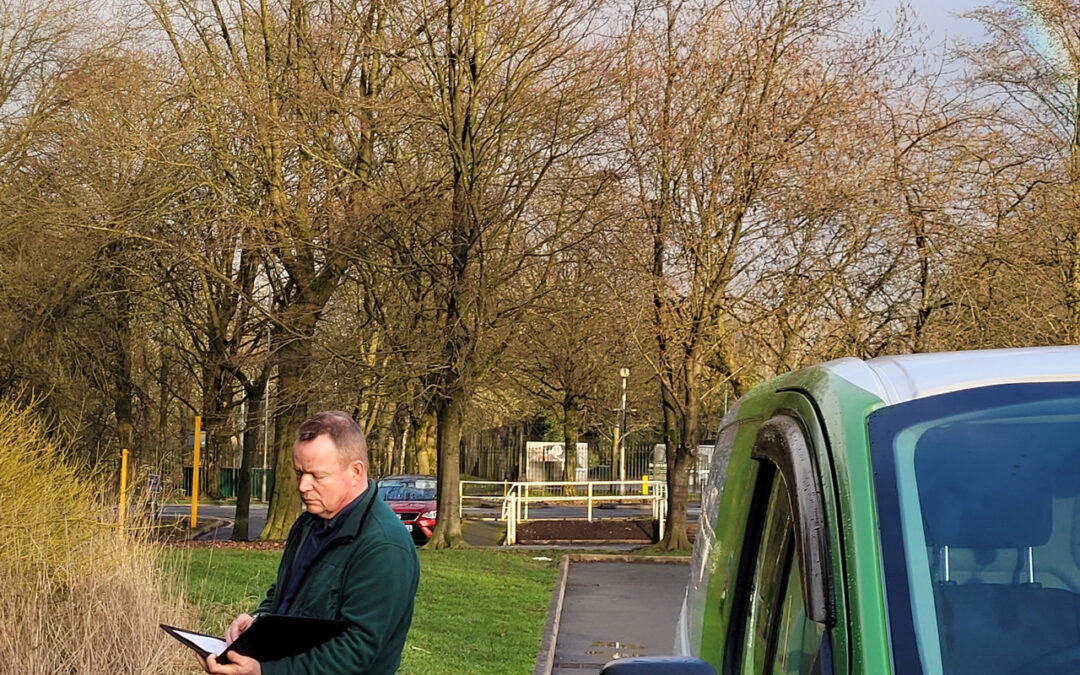Can You Legally Remove Japanese Knotweed Yourself
Japanese knotweed is a highly invasive and destructive plant that can cause damage to buildings and structures.
But can you legally remove Japanese knotweed yourself in the UK? Read on to find out the legalities and steps involved.
Were did the plant originate from?
Japanese knotweed is a plant that originated from mainly East Asia and was introduced to the UK in the mid-19th century as an ornamental plant. However, over the years, it has become a significant problem in the UK, especially for homeowners, property developers, and surveyors. This is because the plant can cause significant damage to buildings and structures, reducing their value and rendering them unsellable. Japanese knotweed is classified as a controlled waste under the Environmental Protection Act 1990, and as such, it is illegal to dispose of it in the wrong way.
Can You Legally Remove Japanese Knotweed Yourself in the UK?
The short answer is yes; you can legally remove Japanese knotweed yourself in the UK. However, there are several legal requirements that you must adhere to. Here are the steps to follow when removing Japanese knotweed yourself:
Identify the Plant
Before removing Japanese knotweed, it is essential to identify the plant correctly. Japanese knotweed is a perennial plant with green leaves, bamboo-like stems, and small white flowers. It can grow up to three meters tall and spreads quickly, forming dense clusters. If you are not sure whether the plant is Japanese knotweed, consult a specialist.
Plan the Removal
Planning the removal process is critical to ensure that the plant is removed correctly and does not cause any further damage. The removal process involves several stages, including cutting, digging, and treating the plant with herbicides. The waste must be disposed of in accordance with the law.
Use Appropriate Equipment
When removing Japanese knotweed, it is essential to use the appropriate equipment, including protective clothing, gloves, and masks. This is because the plant can cause skin irritation and breathing problems.
Dispose of the Waste Correctly
As mentioned earlier, Japanese knotweed is classified as controlled waste, and it must be disposed of in accordance with the law. You can either take it to a licensed landfill site or have it incinerated by a licensed contractor.
Monitor the Site
After removing Japanese knotweed, it is essential to monitor the site regularly to ensure that the plant does not re-emerge. This may involve treating the soil with herbicides and monitoring the site for several years.
Legal Requirements for Removing Japanese Knotweed Yourself in the UK:
When removing Japanese knotweed yourself in the UK, there are several legal requirements that you must adhere to. These include:
- Ensuring that the waste is disposed of in accordance with the law. Failure to do so may result in a fine or even imprisonment.
- Taking all reasonable steps to prevent the plant from spreading to other locations.
- Not selling or giving away soil that contains Japanese knotweed without informing the recipient.
- Complying with any local bylaws or regulations that may apply.
Frequently Asked Questions:
Q: Can I burn Japanese knotweed waste? A: No, it is illegal to burn Japanese knotweed waste. The waste must be disposed of in accordance with the
law, either by taking it to a licensed landfill site or having it incinerated by a licensed contractor.
Q: How long does it take to remove Japanese knotweed? A: Removing Japanese knotweed can take several years, depending on the size and extent of the infestation. It may also require multiple treatments with herbicides.
So to summarize
Japanese knotweed is a highly invasive and destructive plant that can cause significant damage to buildings and structures. While it is legal to remove Japanese knotweed yourself in the UK, there are several legal requirements that you must adhere to, including disposing of the waste correctly and preventing it from spreading to other locations. If you are not sure whether you can legally remove Japanese knotweed yourself, it is recommended to consult a specialist. By following the correct legal procedures, you can effectively remove Japanese knotweed and protect your property from further damage.
